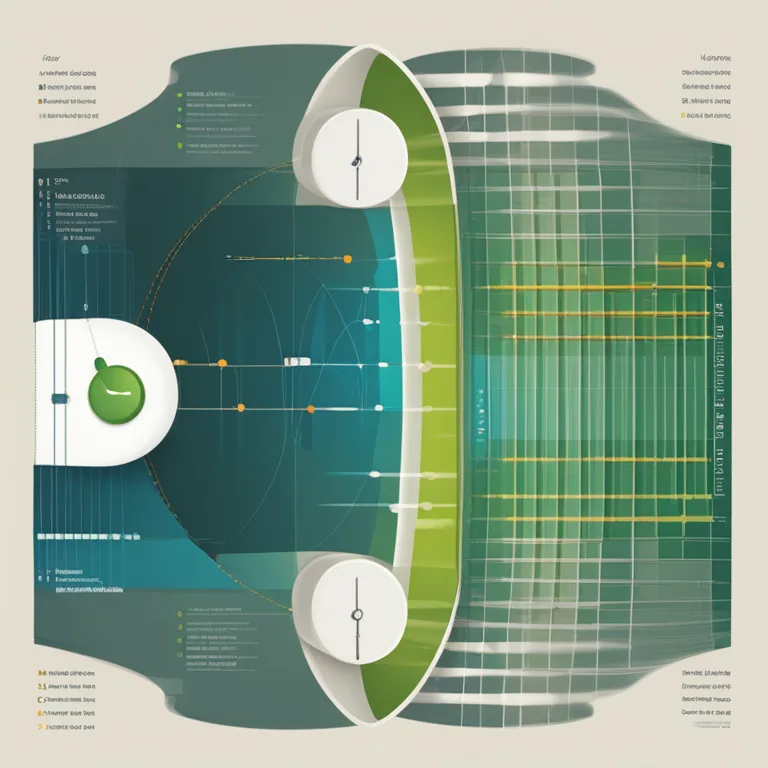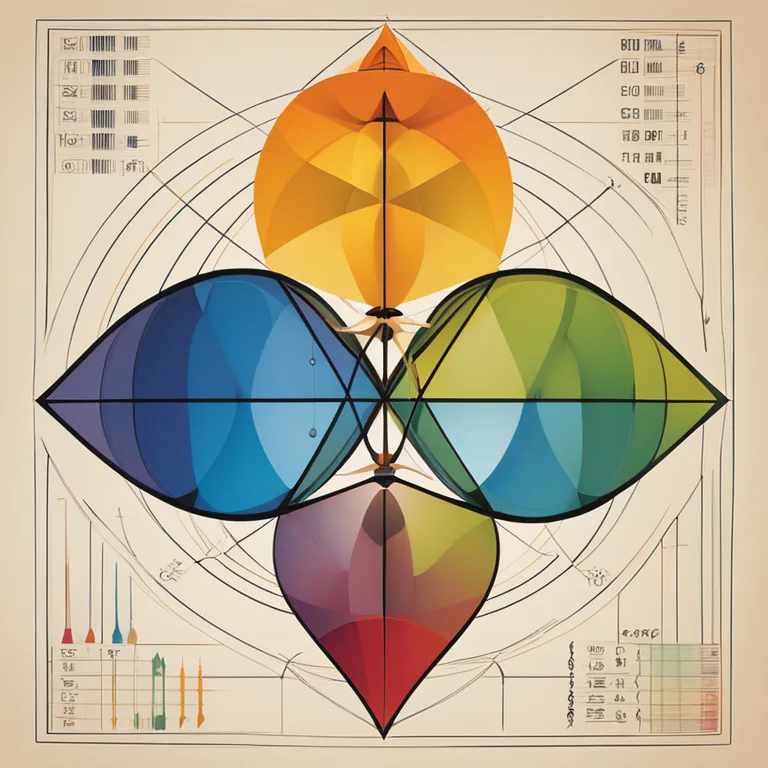
The Accuracy of Biorhythms: A Modern Review
An analytical look at the accuracy of biorhythms and their relevance in the contemporary era of personal well-being and self-awareness.
article by Adrian Wallace
Introduction to Biorhythms
Biorhythms are a concept that suggests our lives are influenced by natural physiological cycles. Historically, these cycles were considered to govern physical, emotional, and intellectual capacities. The idea originated in the late 19th century and gained popularity in the 1970s with a wave of interest in holistic health and wellness trends. In the ensuing years, a number of applications and software have claimed to predict individual biorhythms to help optimize personal effectiveness. Yet, as we enter 2024, the question of their accuracy remains a point of contention among scientists and enthusiasts alike.

Scientific Perspective on Biorhythms
The scientific community has long debated the legitimacy of biorhythms. Despite the wealth of apps and online calculators, conclusive evidence supporting the accuracy of these cycles is scarce. Research in chronobiology, the study of periodic phenomena in living organisms, has made significant advancements, yet it does not fully endorse the traditional biorhythms model. Critics argue that because human activities and life events are complexly interwoven and influenced by a multitude of external factors, the simplicity of biorhythms is fundamentally flawed.

Individual Variability and Rhythms
One key argument against the universal accuracy of biorhythms is individual variability. Humans exhibit diversity in their physical and psychological patterns, from sleep preferences to hormonal cycles. Chronobiologists have pointed out that while cyclical patterns do exist in nature, individual cycles vary greatly and can be influenced by environmental, social, and cultural factors, making standard calculations of biorhythms too generalized to be of individual significance.

Biorhythms and Personal Experiences
Advocates for biorhythms often cite personal experiences and anecdotal evidence of their effectiveness. They believe that biorhythms can be a useful tool for understanding oneself and improving life by planning activities to coincide with predicted high-performance days. While these experiences are subjective and cannot be dismissed, the lack of empirical evidence makes it challenging to verify the accuracy and usefulness of biorhythms universally.

The Place of Biorhythms in Modern Lifestyle
In the digital age, personal quantification and self-improvement are at an all-time high. Wearables and smart devices offer a plethora of data from step counts to sleep patterns. Although biorhythms may not be scientifically proven, the concept has fed into a larger movement that encourages mindfulness and self-awareness. Therefore, biorhythms may still hold value for individuals who find personal meaning in their rhythms and choose to integrate these patterns into their lifestyle decisions.
Conclusion: The Role of Biorhythms Today
As we consider the accuracy of biorhythms in 2024 and beyond, the verdict is still out. Without strong scientific backing, biorhythms as a concept may not stand up to rigorous scrutiny. Yet, the role of personal belief and the placebo effect in self-improvement cannot be underestimated. While universal claims about biorhythm accuracy are dubious, individual experiences suggest that there may be some personal truths to be found within these cycles for those who choose to believe in them.
Published: 12/28/2023
Modified: 12/28/2023
More predictions
Come back here soon to learn more about yourself and your future


Biorhythm Compatibility & Birthdays
Discover the intriguing connection between your birthday biorhythms and relationship harmony in our insightful article.


Exploring Human Biorhythmic Cycles
Explore the fascinating concept of biorhythms and their influence on physical, emotional, and intellectual faculties in humans.


Biorhythm Theory: Fact Or Fallacy?
Explore the fascinating concept of biorhythms to discern if there's any scientific accuracy behind this popular belief.